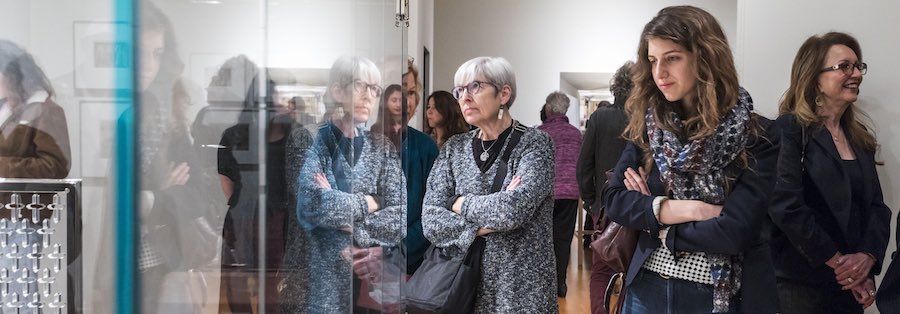
The Academy supports a diverse array of activities:
- Nourishing LMU’s intellectual vitality by supporting faculty and student scholarship that incorporates Catholic thought and imagination, including Ignatian emphases on reason/affectivity, belief/action, theory/praxis, and discernment.
- Producing scholarship, both academic and popular, that is in dialogue with Catholic thought and imagination. Such dialogue may take diverse forms: developing, critically engaging, expanding, adding to, questioning, defending, or explaining aspects of Catholic intellectual traditions or their various concerns; entering into dialogue with Catholic thought or imagination from the perspective of a different faith tradition; using the resources of the Catholic tradition to understand and respond to pressing contemporary issues; and so forth.
- Engaging wider local, national, and global communities through lectures, symposia, workshops and collaborative events.
- Collaborating with other Jesuit and Catholic institutions nationally and internationally to address common concerns: articulating the unique role of the Catholic university in the 21st century; promoting depth of thought and imagination in the face of growing fundamentalism and secularism; developing a more adequate understanding of the universal resonance of the Christian message; promoting a faith that pursues global justice; and providing critical intellectual and faith-based resources for Loyola Marymount University’s Catholic and Jesuit mission of transformative action in service to Church and society in an increasingly pluralistic world.
The Academy works on, or towards, the following activities:
- Establishing a community of scholars whose work reflects the Academy’s mission and vision.
- Sponsoring Faculty Fellows, chosen via a competitive application process, from colleges and schools across the campus, who are provided with release time for scholarly or creative work. ACTI Fellows produce scholarship or creative work that engages and supports ACTI’s mission, and work within their campus units to support ACTI programming.
- Post-doctoral researchers, funded by the BCLA, who conduct research and produce scholarship that resonates with ACTI’s mission. These post-docs also teach in the BCLA and work in supportive roles in programming at the Academy.
- Reading groups, writing groups, and collaborative scholarship. ACTI is exploring additional ways to support the intellectual life of the community, including reading groups and writing support groups, both groups designed to help faculty achieve further success in their area(s) of specialization, and to encourage faculty to branch out and continue to grow and develop as intellectuals.
- Sponsoring colloquia, conferences, or lecture series both internal to LMU and open to outside communities, including major academic conferences. These events provide opportunities for diverse members of the LMU community to engage, dialogue, and collaborate with one another, as well as opportunities for the wider Southern California community to engage with LMU.
- Producing and editing a peer-reviewed, online journal. ACTI desires to develop a high-quality, peer-reviewed journal in which to showcase the kind of interdisciplinary work that supports its mission.
- Producing scholarly work derived from programming or other activities. ACTI seeks to support scholarly and creative work that moves beyond singular events to produce scholarly products: edited volumes, special journal issues, and so forth.*
- Collaborating with other centers for Catholic intellectual life, particularly other centers of Catholic scholarly and intellectual excellence, including such centers at other Jesuit Colleges and Universities. *
- Supporting student intellectual life.
- Supporting student scholarship in order to cultivate the next generation of intellectuals, scholars, and artists engaging the Catholic intellectual tradition(s).
- Encouraging and supporting innovative pedagogy that helps faculty to engage their students in dialogue with fundamental and essential debates—both timeless questions that inform a Catholic and humanistic education and issues of urgent and contemporary import—and expose their students to cutting-edge research and scholarship.